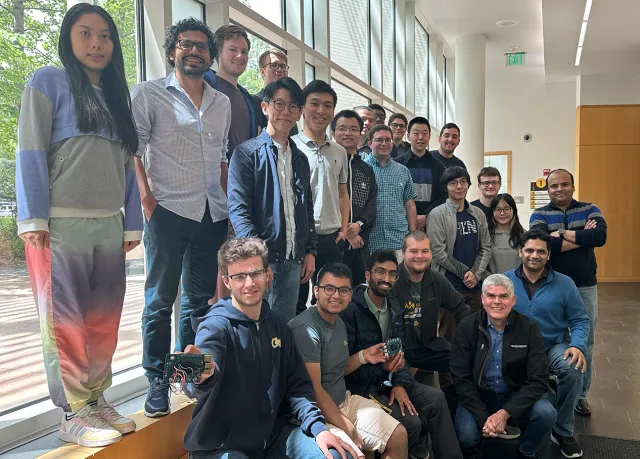The interdisciplinary nature of the semiconductor industry requires not just one education pipeline but many: Graduates with advanced degrees across the sciences are essential, but so are people with the skills to operate equipment as new fabs go online.
Related science programs at the university level are well-established and provide the necessary education for research and development and design. But as the CHIPS Act funds more onshore manufacturing, other streams of training will be needed to equip people with the skills to operate those facilities.
Given the global nature of the semiconductor industry, virtual training and international partnerships between chip companies and schools are seen as essential to maximizing educational efforts. Regional training matters, too, with both advanced degrees and associate programs at community colleges seen as critical to producing people locally in communities where chip companies are clustered.
Read my full story for EE Times.
Gary Hilson is a freelance writer with a focus on B2B technology, including information technology, cybersecurity, and semiconductors.
